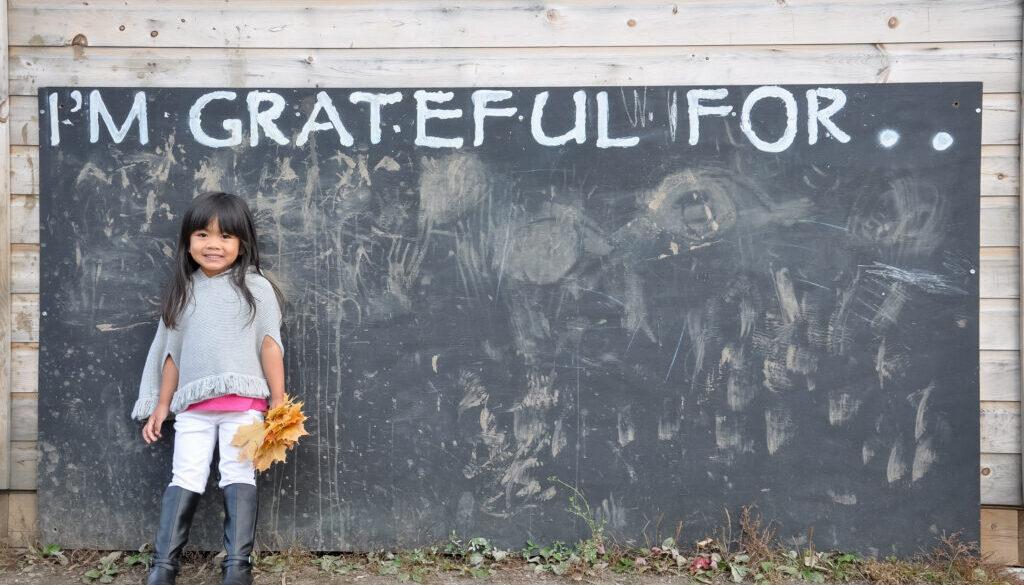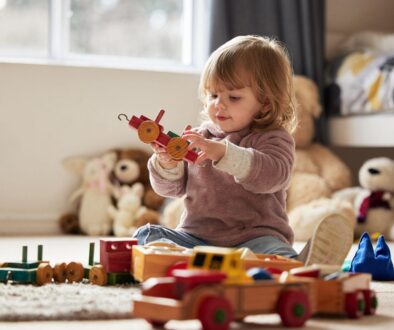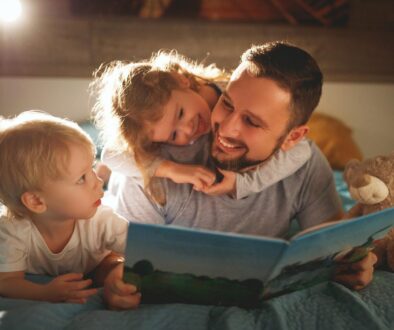5 Ways to Foster Gratitude in Children

Gratitude is an advanced concept that can be tricky for toddlers and preschoolers to understand. They are naturally self-focused in their early ages and stages of development. But as children learn and grow, they become more understanding of the needs and feelings of others.
So, how do we teach our children to be grateful? One way is to talk with them about being thankful. Not only for material things, but for acts of kindness from others, too.
Check out these five ways to foster gratitude in your child:
- Model gratitude out loud – Take time to pause in small moments and say out loud what comes to your heart and head. This can help children understand what gratitude is and learn the types of things to be thankful for.
- Read books – Children’s worlds are small and involve the things that they can emotionally and mentally understand. Books are a great way to give children perspective outside of their own worlds and introduce them to places and things they don’t normally see or hear about.
- Make gratitude a daily routine – Expressing gratitude daily can help children get into the routine of identifying areas of gratitude throughout their day. After school check-ins or dinner time are good opportunities to connect and talk about gratitude with children.
- Create a gratitude project – Try a gratitude jar, a gratitude tree, or a gratitude collage. A family project is a great way to get everyone involved in expressing thankfulness and it’s a great opportunity to model an attitude of gratitude for your kids!
- Donate with them – Whether it’s your time or things, giving can begin to instill a sense of generosity and the separation of happiness and material things. It also lets them experience the process of letting go and giving at the same time. Be collaborative with your child and talk about where and what they want to give.
Your child’s first five years are a great opportunity to help them develop the skills they need to be successful later in life. Research shows that thankful people are usually more optimistic. They’re also less depressed and stressed. So, when we teach our children to appreciate what they have, and what others do for them, we are helping them become happier, healthier adults.





